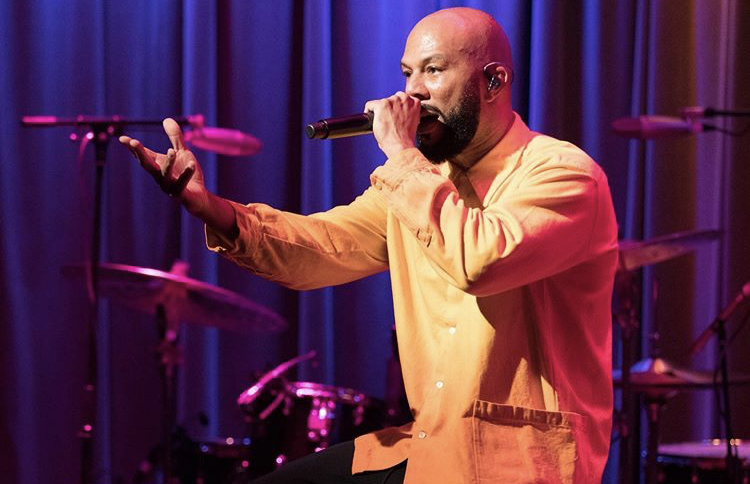By Sean Zucker –
Last week, famed rapper and actor Common opened up during Men’s Health’s inaugural Mental Health Live forum on the unique challenges people of color face when combating mental health issues, as well as his personal approach to wellness. While particularly important for Black and African American communities, his insights on getting and staying well transcend race and seem to align closely to a growing wave of like-minded research.
For his own mental wellness, Common maintains steady exercise and healthy diet are his primary treatment. “I have come to understand that the way I treat my body from a nutrition perspective, dieting and eating, to physical workouts all help shape my emotional being,” he said. “When I’m taking care of my spiritual self and my physical self, it just helps build up my emotional self to deal with these personal struggles.”
Common apparently is on to something as there is plenty of evidence to support his claim from the scientific community that has long touted the connection between physical and mental health.
Following a 2011 study out of the University of Texas Southwestern Medical Center, exercise emerged as an additional supplement for many struggling with mental health disorders. The four-year study concluded that exercise was an effective second treatment for as many as half of depressed patients whose condition had not been cured by antidepressant medications. Last year, after much more research into the subject, the University of Vermont went even further, suggesting it could be more than a secondary treatment, hinting it may be a primary solution.
“The general attitude of medicine is that you treat the primary problem first, and exercise was never considered to be a life or death treatment option. Now that we know it’s so effective, it can become as fundamental as pharmacological intervention,” explained David Tomasi, a lecturer at the University of Vermont and lead researcher on the study. He went on to implore every psychiatric facility include integrative movement therapies before declaring physical exercise the primary resource for patients’ psychological wellbeing.
Common raises the issue that Black and African American communities face an even larger stigma when dealing with mental health issues that stops many from getting proper treatment or even just acknowledging the condition. “Seeing the pain, the anxiety, the hurt and the depression that a lot of people within my community, black communities and brown communities…specifically young men didn’t know how to express it, they didn’t know how to process it,” he told the Men’s Health forum.
That’s especially concerning given that the CDC states adult Black and African Americans are more likely to have feelings of sadness, hopelessness, and worthlessness than adult whites. Additionally, Black and African American teenagers are more likely to attempt suicide than White teenagers by a rate that is nearly four percent higher.
These figures aren’t surprising when considering a CDC report that states in 2018 at least 50 percent or more of Black and African American ages 18 to 49 who suffered from serious mental health issues did not receive any treatment for their problems. Within this group, almost 60 percent of Black and African Americans 18 and 25 went without help.
“One of the hurdles and one of the obstacles for us reaching happiness as people, people who have dealt with a lot of trauma and are dealing with trauma now, is to actually work on healing it and identify what that trauma is and have the resources and process to really say hey I can get rid of this I can remove this from my life and live a fuller life, a happier life, a more fulfilling life,” the Academy Award and Golden Globe winner counseled.
Common isn’t just a talker. As a long-standing advocate of mental health issues, in August the also Grammy Award winner launched Com + Well, a YouTube channel that offers mental health and self-care guidance. Additionally, his 2019 memoir, Let Love Have The Last Word, laid out insights and advice on how to live a more loving and fulfilling life through candidly revealing personal stories highlighting his relationship with his daughter, romantic partners and his own journey towards self-awareness.











